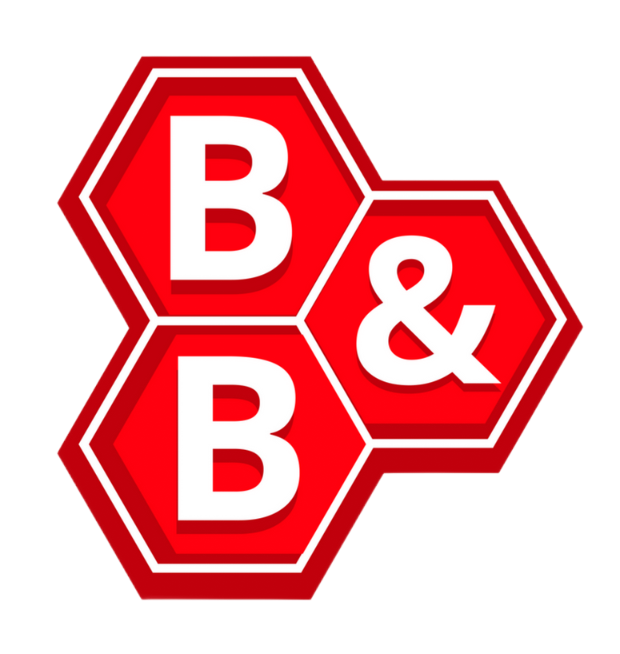Extending Part life is a key consideration for many industries but in particular the Oil & Gas and Petrochemical sectors in which components need to operate in environments with high levels of wear and corrosion whilst often in high temperature and pressurised environments.
It is estimated that corrosion costs the Oil and Gas Industry around £170 billion a year in downtime and replacement costs and as such a great amount of research has gone into finding and developing materials and protective coatings to extend part life. Corrosion will affect all metals, albeit at different rates with metals like Aluminium corroding faster than ‘noble’ metals such as Silver and Gold. Finding the right balance between cost consideration and part life has led to the popularity of ‘Super Alloy’ Materials.
What are ‘Super’ Alloys?
The term Super Alloy can be applied to a number of families of metal including the like of Inconel, Hastelloy, Monel and Kovar. Although different grades within each of these families of materials will exhibit their own characteristics, generally speaking they all provide excellent mechanical strength, a high level of hardness and a high level of resistance to corrosion and oxidation. Many of these complex alloys contain materials such as Nickel, Aluminium and Chromium.
Cost Consideration
As Super Alloys contain a mix of many different elements, they are much more expensive to source and forge and their hard nature also adds considerable machining time to any component. This cost is usually justified in the ultimate cost saving that extended component life will bring but all metals are still subject to corrosion and wear and so parts made of ‘Super Alloys’ will still fail. This makes replacement parts more expensive and so the need to extend their life has been recognised.
Repairing
In the past when Super Alloys experienced wear damaged they were often Hard Chrome Plated or welded. The issue with this was that Hard Chrome was not always a perfect substitute for Super Alloy materials, and many platers encountered adherence issues when trying to electro-plate onto Super Alloy materials. Coded Welding is not suitable for any component in which tolerances may be tight that could potentially experience thermal distortion. Thermal Spray Coating enables us to take powdered materials which match those they are being sprayed onto, and heat them up and fire out at extreme velocities so as they form a coating with an incredibly strong bond and low porosity. This is an additive process that easily allows us to build up a worn area and then grind back to tolerance. Repair of Super Alloy materials is a significant cost saving when compared to replacement. If you have worn parts you should see if they could be repaired using HVOF coatings.
B&B are based in West Yorkshire and fully ISO certified.


Comments are closed